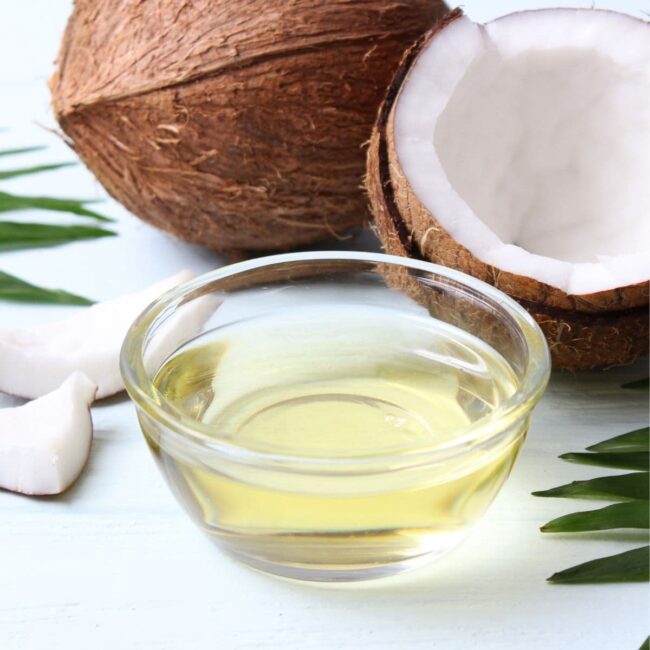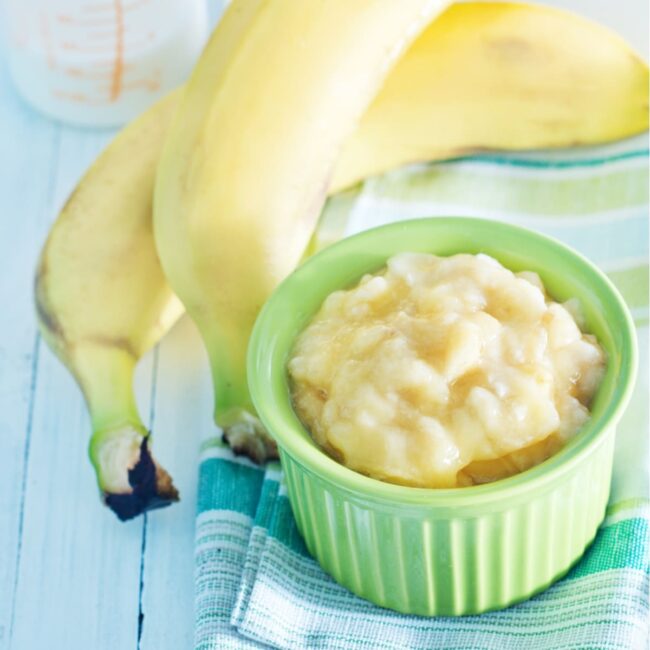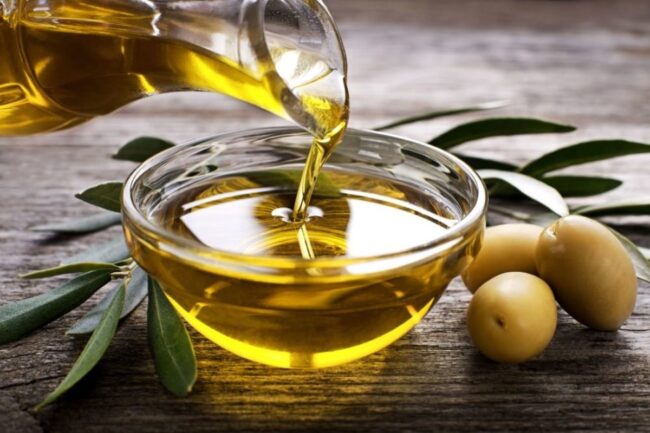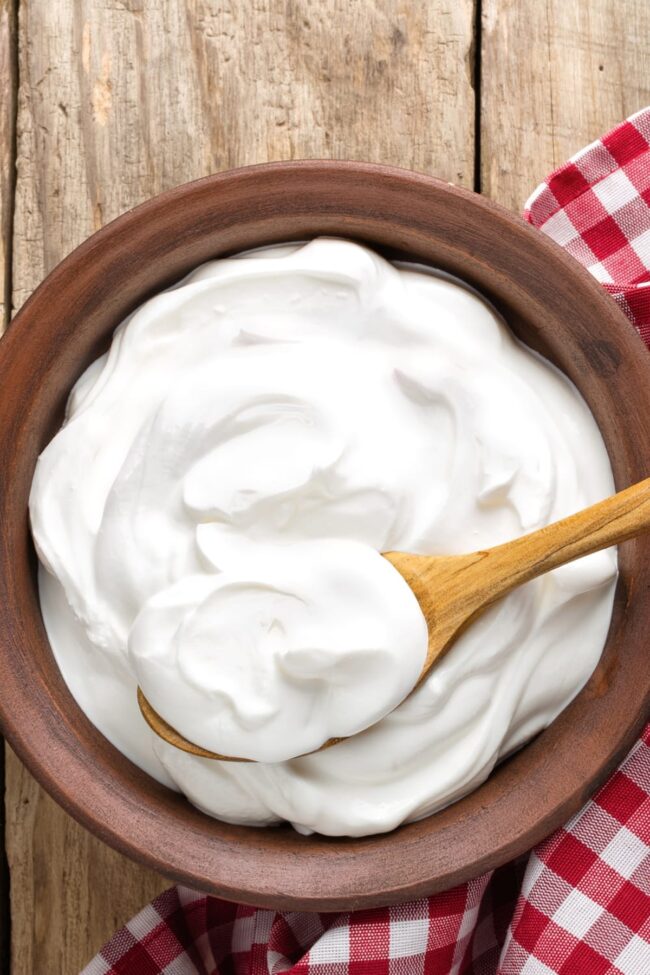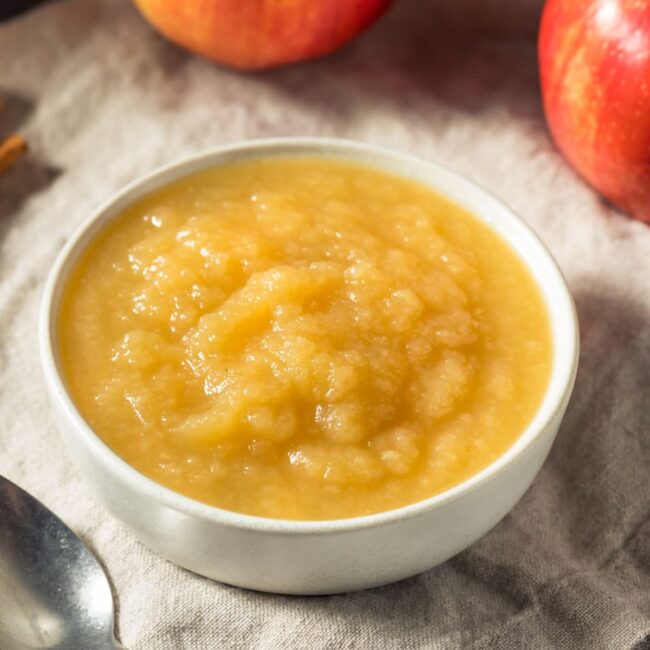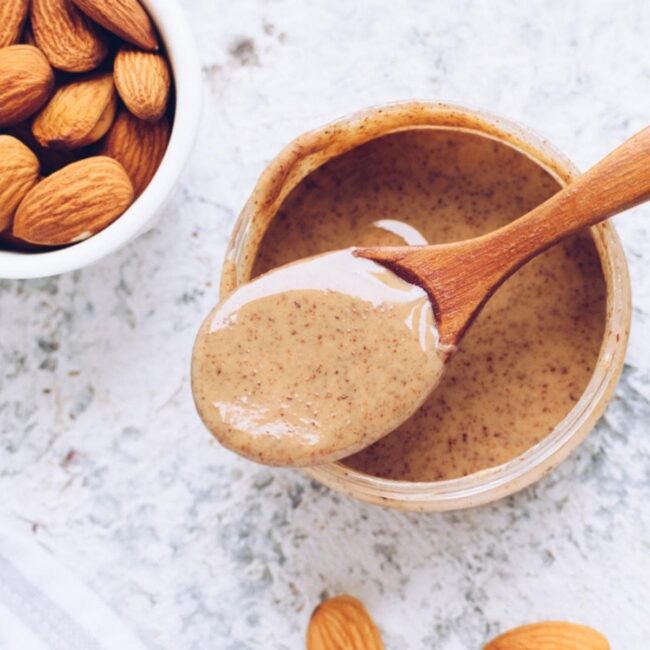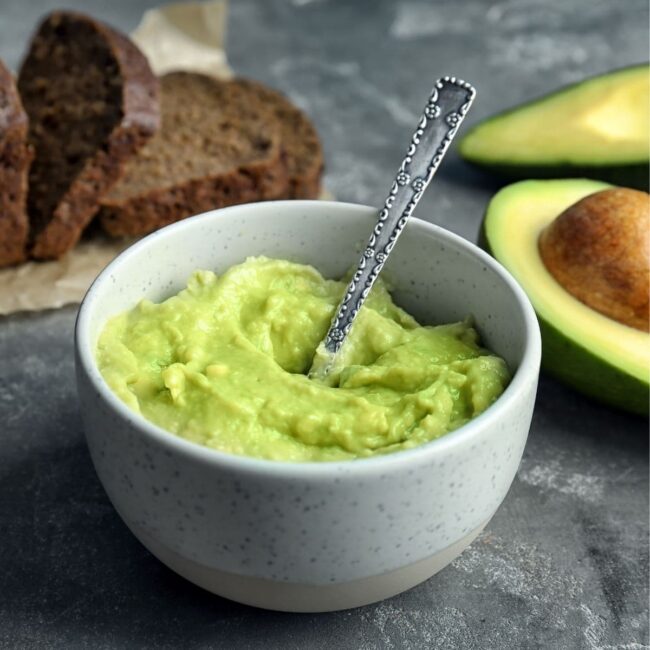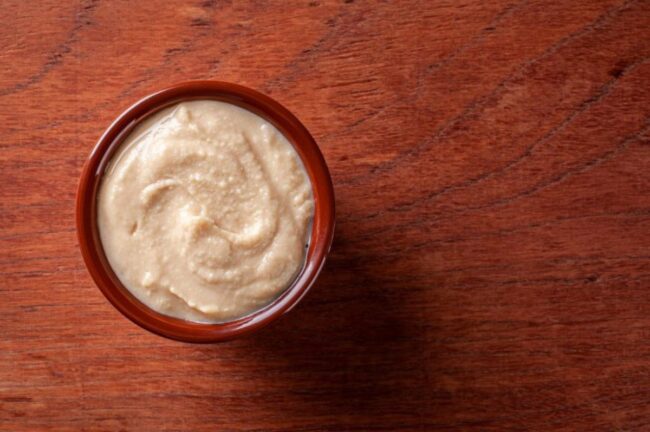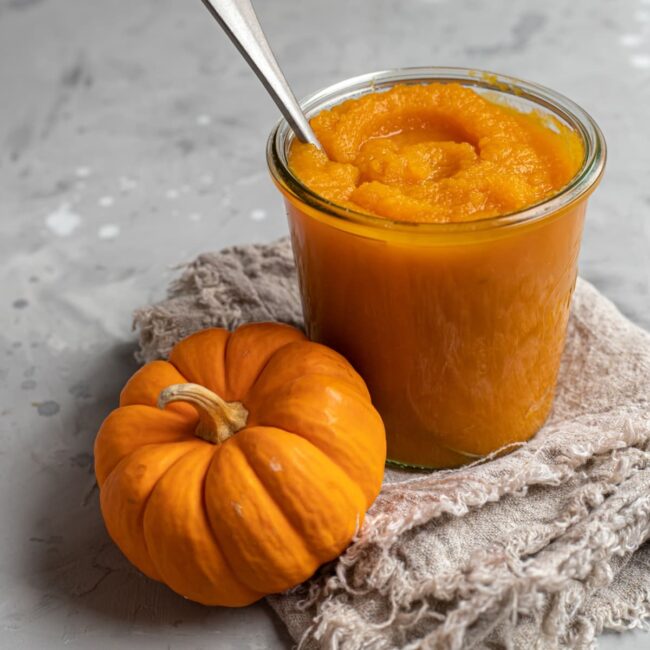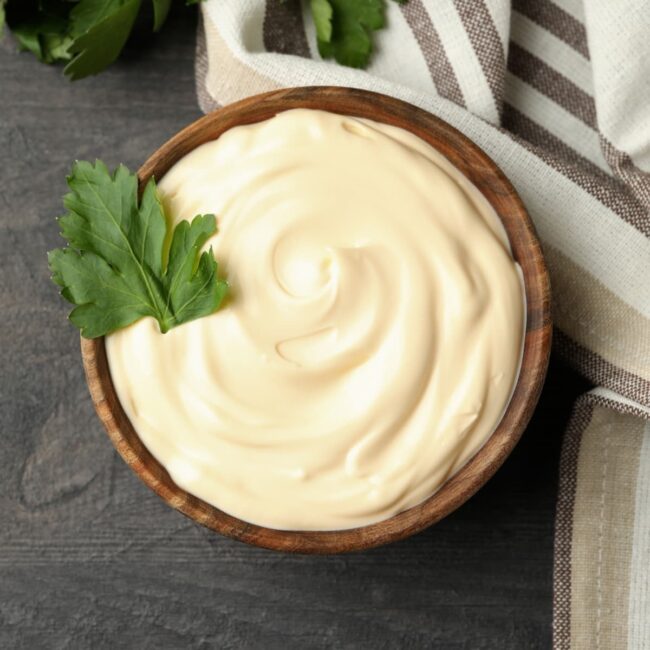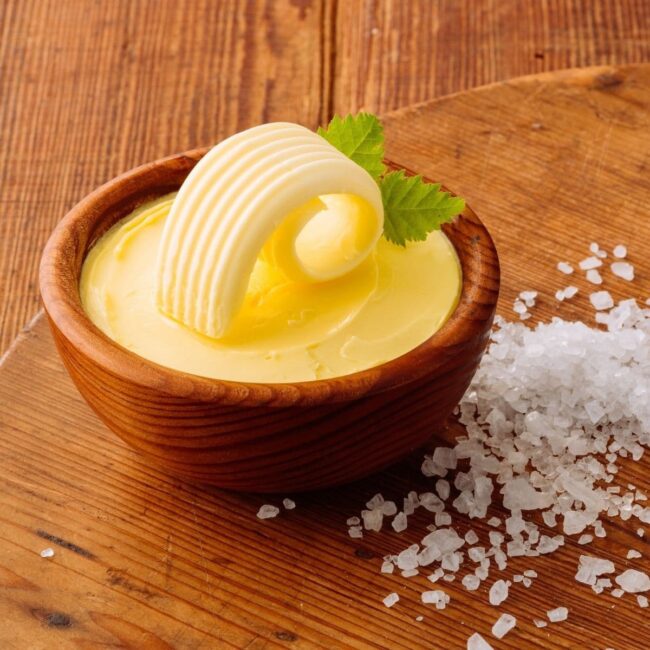12 Tasty Alternatives to Butter in Your Kitchen
Butter replacements provide the fat content needed for cooking and baking without sacrificing texture.
Dairy-free, oil-based, and fruit-based options create different levels of richness and structure.
Some enhance the depth of flavors, while others focus on keeping things light.
The right substitute depends on whether the dish requires a buttery taste or just a fat source.
Top Butter Alternatives You’ll Love
Butter alternatives offer exciting options for cooking and baking. Many people seek substitutes for health reasons, dietary restrictions, or simply to try something new.
Coconut Oil
Coconut oil serves as an intriguing alternative to butter in baking.
Its distinct flavor can enhance recipes, especially if you appreciate the taste of coconut.
Using a straightforward 1:1 ratio allows for easy substitution while maintaining the binding qualities necessary for successful baking.
Expect your baked goods to exhibit a slightly different texture, often resulting in a crispier finish rather than that classic softness associated with butter.
With its higher saturated fat content, coconut oil adds richness that can elevate both sweet and savory dishes alike; consider trying it with chicken or other meats for an unexpected twist!
Mashed Bananas
Health-focused choices can lead you to discover mashed bananas as a wonderful substitute for butter.
This creamy fruit adds moisture while enhancing the flavor profile of your baked goods.
Sweetness from bananas reduces the need for added sugar, benefiting both taste and nutrition.
Incorporating them into your recipes is straightforward; just mix in gradually to achieve the desired texture and flavor balance.
A hint of banana can elevate classic treats, making them feel fresh and wholesome without overwhelming sweetness.
Vegan Spread
Exploring alternatives to butter opens up a variety of delicious spreads for your bread.
Many options deliver a creamy texture while avoiding dairy entirely.
Olive oil and sunflower oil often form the base of these vegan spreads, offering rich flavors that complement any meal.
Health-conscious individuals might appreciate that these alternatives generally contain less saturated fat than traditional butter.
Choices abound, so finding the right spread to suit your palate is an exciting journey!
Olive Oil
Olive oil serves as an excellent alternative to butter, a pantry staple in many homes.
Its affordability and versatility make it a popular choice among cooks.
The ratio of olive oil to butter is typically 3:4, ensuring proper consistency in dishes.
While ideal for melted applications, like sautéing or baking savory items, it may not work well for recipes requiring creaming techniques such as frosting.
The robust flavor can be polarizing; some might find it overpowering while others appreciate its depth in savory meals.
Greek Or Natural Yogurt
Greek or natural yogurt serves as an excellent substitute for butter in various recipes.
A full-fat variety offers a thick and creamy texture that enhances the richness of baked goods.
The recommended ratio of one-to-one ensures a seamless swap without compromising flavor or consistency.
Choosing Greek yogurt is wise due to its lower moisture content, helping maintain the desired texture in your creations.
Those with dairy allergies may want to consider alternative options, as these yogurts contain dairy products that could trigger sensitivities.
Applesauce
Applesauce shines as a versatile ingredient in the kitchen.
Using it in baked goods can enhance flavor while reducing added sugars.
Its thick texture lends moisture to recipes, creating a delightful balance when combined with dry ingredients.
Compared to margarine or coconut oil, applesauce has less saturated fat, making it an excellent choice for health-conscious bakers.
This ingredient opens up creative avenues for healthier versions of your favorite treats without sacrificing taste or satisfaction.
Nut Butter
Peanut butter and almond butter serve as fantastic alternatives to traditional butter, especially if nuts aren’t a concern.
Their thick texture enhances the richness of various dishes while introducing delightful flavors.
When it comes to spreading, nut butters shine brightly, offering a creamy option that elevates your meals.
High in healthy fats, these butters also pack in essential nutrients that can boost your overall wellness.
For recipes requiring melted butter, simply swap it out using an equal measurement of nut butter for seamless results.
Avocado
Avocado serves as an unexpected yet effective butter alternative, adding a creamy texture to dishes.
Packed with healthy fats and essential nutrients, this fruit elevates both flavor and nutrition in baked goods.
Ripe avocados work best; their smooth consistency enhances recipes while maintaining moisture.
Adjusting baking temperatures helps achieve the perfect outcome, ensuring your treats come out just right.
If the green hue poses a concern for some diners, a splash of food coloring can easily brighten up presentations without sacrificing taste.
Hummus
Hummus serves as a fantastic alternative for those seeking a plant-based spread.
Its rich, creamy texture resembles butter, allowing it to enhance various dishes without overwhelming flavors.
This versatile food pairs well with sandwiches or can be enjoyed alongside fresh veggies for a nutritious snack.
Many people appreciate its ability to blend seamlessly into savory recipes while maintaining health benefits.
Opting for hummus opens up new avenues in meal preparation that prioritize flavor and wellness together.
Pumpkin Puree
Pumpkin purée offers a delightful alternative to butter that many may overlook.
Its rich texture is packed with vitamins and minerals, making it an appealing choice for health-conscious cooks.
This versatile ingredient works well in both sweet and savory dishes, enhancing flavors without the extra sugar often required in baking.
A simple 1:1 ratio allows for easy substitutions when oil or butter is called for in recipes.
Just remember to monitor the moisture levels, as too much can alter your dish's desired consistency unexpectedly.
Mayonnaise
Mayonnaise can surprise you with its versatility in savory dishes.
It adds a rich creaminess to scrambled eggs, elevating their texture without the need for excess butter.
Using it in mashed potatoes creates a smooth and delightful base, perfect for any meal.
This ingredient shines when incorporated into recipes that call for a touch of richness but don’t require sweetness.
While not suitable for vegan diets, its unique attributes make it an interesting alternative worth considering in your cooking adventures.
Margarine
Margarine has a reputation that often raises eyebrows, primarily due to its past association with trans fats.
Recent developments have led to healthier variations that eliminate these harmful components.
Still, many find it less favorable compared to other butter alternatives available today.
When no other options are on hand, margarine can fill the gap in recipes but may alter the texture of your baked goods because of its higher water content.
Understanding these nuances helps you make informed choices when reaching for a spread or baking ingredient in your kitchen.

